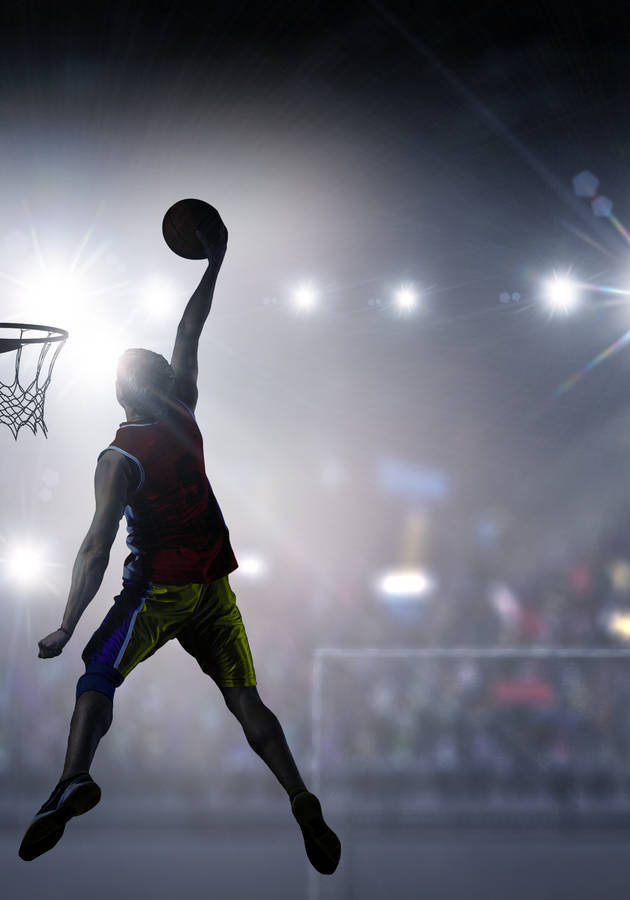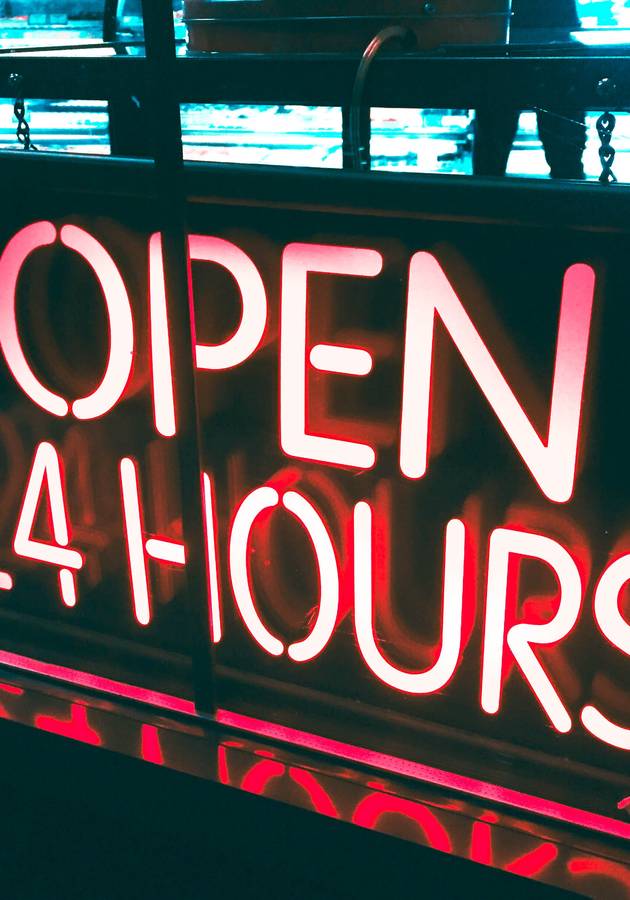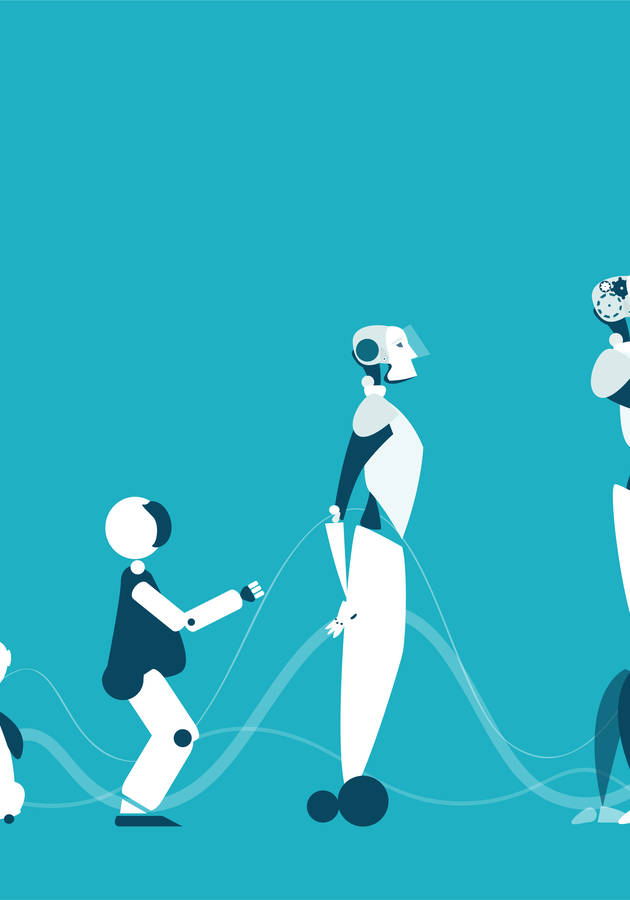Over his basketball career, Andre Iguodala has been an Olympic gold medalist, an All-Star, an All-Defensive team performer, an NBA Finals MVP, and three-time NBA champion. In his fittingly titled memoir “The Sixth Man,” he reveals his basketball journey, from his humble beginnings to his greatest achievements. So, get ready to discover Iguodala’s career path – as well as his views on a few controversial topics such as race and college sports!
Early life: Springfield, Illinois
Once Iguodala hit senior year, he only had one goal: to get as far away as possible from his hometown of Springfield, Illinois. “Don’t get me wrong,” he writes. “Springfield was a fine place to grow up. It wasn’t overly dangerous or crazy. There was an average amount of crime and gunplay, always some kids acting wild and certainly some dudes dealing drugs, and all that came with that. But I wasn’t really affected by it. Once everyone saw that I had some talent, they kind of protected me. ‘You can’t come with us,’ they’d say. ‘You’re not about this life.’”
But that other life – making it to the NBA and becoming a global basketball superstar – is never really a given for a poor black boy from a small town. It has to be earned – and even then, you don’t know if luck would be on your side. One of Iguodala’s early sports heroes – a promising basketball player named Jeff Walker – made a few bad decisions in his life, and never made it, despite his talents and skill. Just like many similar towns, Springfield was a place “full of stories like that, of people who had, through some combination of fate and inertia, ended up with lives they didn’t quite choose or wouldn’t have chosen.”
Iguodala’s mother wasn’t an exception; even so, she was determined to raise smart and dedicated kids capable of rising above the temptations of the lower-economic neighborhood – so that they could leave it one day. “Springfield is a place,” she told Andre once, “that if you’re not careful, you can get stuck here.” He never forgot that – and he is still immensely grateful to her for the main lesson she taught him while he was growing up: to get the very best out of himself.
Choosing college: Arkansas vs. Arizona
By seventh grade, Iguodala had already earned “a little rep around town as something of a baller.” He was also a fairly good student, earning a place in the all-white honors class as well. “I think you might be in the wrong classroom, dear,” his teacher said upon seeing him. She backed off only after Andre agreed to show her his schedule. “The freedom to be unaware of racism simply doesn’t last long if you’re black,” comments Iguodala.
Because of numerous similar experiences, when the time came, he was resolved to go to a program with a black coach. That’s why he blew off Arizona’s famous coach, Lute Olson, and signed a letter of intent with Arkansas coach Nolan Richardson. However, just a few weeks after he had committed, Richardson resigned from his position in “an explosive press conference where he’d said flat out that he was ‘judged by a different standard and we all know why.’”
Iguodala had no choice but to call Olson once again and tell him he had reconsidered going to Arizona. “Fine,” Olson said, “but you have to come out here. I’m not recruiting you twice.” He didn’t have to.
“NCAA basketball is a racket”
While at Arizona, Iguodala discovered a painful truth about the college basketball system. Namely, that it was a racket. “Sports is people telling you to use your body to make them money,” writes Iguodala earnestly. “In professional sports, you are receiving a paycheck in exchange. In college, you are not. But why is that? In college, they are still generating income.”
After watching “Blue Chips” and tapes of Michigan’s notorious Fab Five, Andre started thinking about how much money he and his teammates were making for his college. Not just in ticket sales and TV rights, but also in jerseys, concessions, enrollment, tuition, and branding. And what did they get in return? Not even a proper education. True, Iguodala was an all-conference academic his entire time there and left with a 3.0 average, but only because he chose to follow his mother’s advice and study. The university itself didn’t care one bit about anything other than his body.
“The guys who are being recruited are being recruited for their basketball skills only,” Iguodala remarks disdainfully. “Some of us are coming from situations where no one has cared for a moment about academics in our entire lives. I’ve played with guys who can barely read. I’ve seen guys literally have all their homework completed by ‘tutors.’ They don’t care because the goal is not to educate young men, but to sell tickets, merchandise, and the logo. And those kids’ bodies are what is traded in exchange.”
The most hated athlete in Philadelphia
This was a large part of the reason Iguodala left college early, after only two years. Simply put, college was not the place for him: he believed he was able to play like an adult, and deemed only fair to be paid like one.
So, in preparation for the 2004 NBA draft, he started looking for an agent. He had barely begun searching when agents started looking for him – unsurprisingly, since he was touted as one of the best all-around players in his draft class. Iguodala, however, couldn’t commit to no one; he couldn’t bear their pushiness.
Fortunately, he eventually met with Rob Pelinka, who had represented (among others) Kobe Bryant. Pelinka didn’t talk of business or money – he just wanted to play a game of pingpong and discuss life. “It was the first time in the whole process of looking for an agent that I could just relax,” remembers Iguodala. “I didn’t feel like I needed to protect myself or be on guard about anything. He treated me like a human being and not like a cash cow.”
The feeling changed not long after Iguodala was selected ninth overall in the draft by the Philadelphia 76ers. An immediate starter, he grew better and better with each season, posting his best numbers in the fourth one, when he averaged almost 20-5-5 and earned a hefty contract extension. Nevertheless, he was not especially loved. In fact, that’s a euphuism: that same year, ESPN named him “the most hated athlete in Philadelphia.”
Iguodala was distressed, but, fortunately, by then, he had learned not to fall victim to modern media’s thirst for sensationalism. The man who helped him see this? None other than one of the game’s all-time greatest point guards, Allen Iverson. “Don’t read the paper, bro,” he said to him once. “It’ll mess up your game.” “Over time I could see that he was right,” writes Iguodala. “Certain players on our team would get branded by the press – this guy can’t shoot, this guy can’t post up – and those parts of their game would slowly deteriorate.”
Free agency and Mark Jackson’s Warriors
After eight years with the Sixers – in the last of which, he was selected for his first All-Star game – Iguodala was dealt to the Denver Nuggets in 2012. But the following year, he declined a five-year deal with the organization because its moves didn’t inspire him with confidence. He wanted to play somewhere where he was on board with the team’s philosophy. So, he took less money to go to the Golden State Warriors, a promising team that had eliminated Denver from the previous year’s playoffs.
In the following six years, Iguodala would go on to win three NBA championships with the Warriors, reaching the NBA Finals on two more occasions. He would also be named to the 2014 NBA All-Defensive first team and become the NBA Finals MVP the very next year. Iguodala is adamant that none of this would have happened if it wasn’t for two people that rarely get the credit they deserve: Curt Flood and Mark Jackson.
Curt Flood was a black baseball player and two-time All-Star who refused to accept a trade in 1969 and sued Major League Baseball for the right to consider offers from other teams before making a decision. He lost and was subsequently blackballed from the sport. However, his sacrifice brought solidarity among later generations of players, and it’s thanks to him that unrestricted free agency exists today, allowing modern athletes to have some say over where they want to play.
In other words, if it wasn’t for Curt Flood, Iguodala would never have joined the Warriors. But – at least in his opinion – they would never have become an NBA juggernaut if it wasn’t for Mark Jackson, their coach before the championship years. Iguodala describes him as honest, incredibly supportive, and empowering, and claims that Stephen Curry and Klay Thompson would never have turned into the basketball greats who set the record books on fire if it wasn’t for Jackson’s attitude. “He was calling those guys the greatest shooting backcourt of all time before most fans had ever heard their names,” he writes. “And he was giving them a vision of themselves that they could see but no one else could. He was validating their best versions of themselves.”
Steve Kerr’s difference-making sixth man
In rather mysterious circumstances, the Warriors let Jackson go before Iguodala’s second season. The team’s new coach – Chicago Bulls’ legend Steve Kerr – had somewhat different plans for Iguodala. “You’ve earned the starting spot, Andre,” he told him before the beginning of the next season, “but I think it’s best for the team if you come off the bench.”
In his entire career up to that point, Iguodala had never come off the bench – not even as a rookie. And now, he had to accept being the sixth man for many years to come. He agreed, obviously, but he didn’t do it willingly nor was happy with his contribution at the end of the year – despite constant praises from Kerr and despite the team finishing 67-15. But then the Warriors defeated LeBron’s Cavs to win the championship, and Iguodala was described as “the difference in the series” and crowned with the Finals MVP trophy. He finally started realizing the meaning of the old cliché, “less is more.”
The following year, the Warriors lost to the Cavs in a repeat of the NBA finals, despite posting the best overall regular-season record in NBA history: 73-9. In Iguodala’s opinion, the preposition of that sentence shouldn’t be “despite,” but “because.” He writes: “The only thing that was completely clear to me and to all of us [at the end of the season] was that every decision we had made in order to get to 73 wins had cost us the title.” Kerr didn’t make the same mistake twice: he rested and rotated players during the following two seasons, and the Warriors won two more championships.
Final Notes
Described by Booklist’s Wes Lukowsky as “the best basketball memoir since Bill Russell’s ‘Go up for Glory,’” “The Sixth Man” is a finely written, comprehensive, and genuinely honest autobiography by an exceptional and intelligent basketball player.
A must-read for any sports fan.
12min Tip
Get the very best out of yourself. No matter what.




























